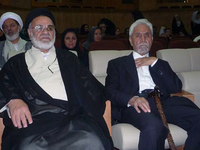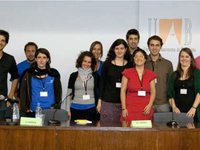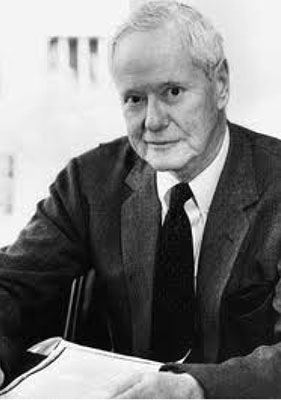Read more about Conferences

Middle East Sociology on the Move
by Syed Farid Alatas

Young Sociologists, Young perspectives
by Ana Vidu
July 18, 2011
The 100th anniversary of Robert Merton’s birthday was celebrated in July 2010. He was one of the leading sociologists of the 20th century. It was not only this date that made us look at Robert Merton, but also the fact that his name was so closely connected with the emergence and recognition of Sociology of Science as a subfield of sociology. In 1966, Merton co-founded (with Joseph Ben-David) ISA’s Research Committee 23 – Sociology of Science (and Technology), and then became its first President until 1974. He also served as Associate Member of the ISA Executive Committee in 1970-71. Merton was born in Philadelphia in 1910 of immigrant parents from the Ukraine. His name is connected with many directions of sociological research, but mainly he became the eponym for the Sociology of Science. The phrase ‘Mertonian sociology of science’ became widely accepted by the scientific community. Merton became the first sociologist to receive the National Medal of Science, USA’s highest scientific honor, in 1994. By concentrating on ‘middle range’ theory – rather than grand theory or abstract empiricism – Merton established concepts that were incorporated into everyday life. He coined the concept of self-fulfilling prophecy, developed the idea of role models and created, with his colleagues, the focused interview that later developed into focus groups – a distortion of Merton’s original idea. In 1942, Merton gained much attention when he described the ethos of science, and the consequences of these values for the behavior of scientists within institutional settings. Merton’s work had consequences beyond the academia, including his study of successfully integrated communities that helped shape the case of Brown vs. Board of Education, which, in turn, led to the Supreme Court’s ruling to desegregate public schools in the US. Merton is probably best known for his work The Sociology of Science: Theoretical and Empirical Investigations, and for his coining of the Matthew effect which referred to the phenomenon of the rich getting richer and the poor getting poorer, i.e. accumulation of advantage. Biblical in origin, the concept describes the social phenomenon in science whereby power and economic or social capital accrues to those who already have it, who then leverage those resources to gain more power or capital. A special issue honoring Merton’s 100th anniversary was published by the Russian Academy of Sciences, St Petersburg Branch, and by RC23.
Nadia Asheulova, Center for the Sociology of Science and Science Studies, St Petersburg Branch, Russian Academy of Sciences, RC23 Board member
Jaime Jiménez, Universidad Nacional Autónoma de México, Mexico, and ISA Executive Committee
This issue is not available yet in this language.
Request to be notified when the issue is available in your language.
If you prefer, you can access previous issues available in your language:










